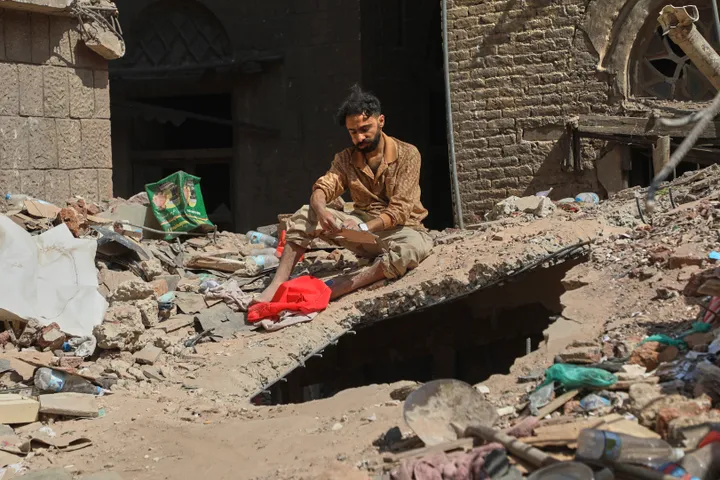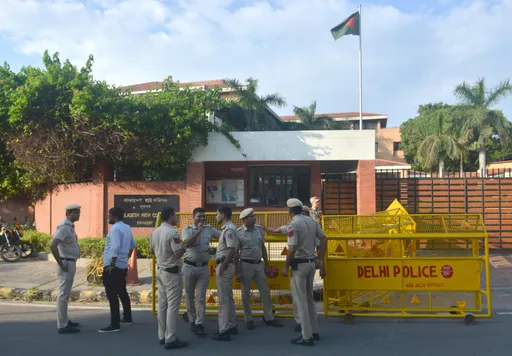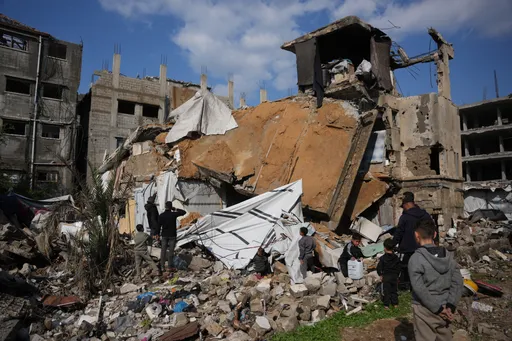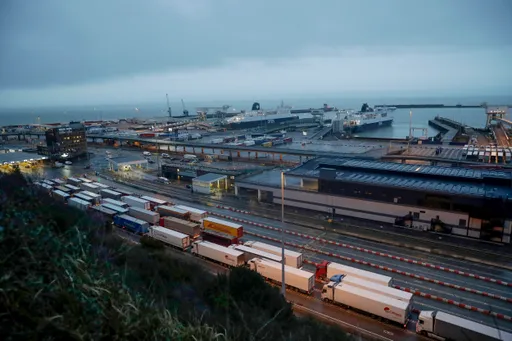Urban poverty is on course to triple in Myanmar, pushing nearly half the population below the poverty line next year.
Based on a survey of 1,200 households, the United Nations Development Program (UNDP) said on Wednesday that Myanmar was set to return to levels of deprivation not seen since 2005, before democratic reforms began.
"A slide into poverty of this scale could mean the disappearance of the middle class – a bad omen for any rapid recovery from the crisis," Kanni Wignaraja, the director of the UNDP bureau for Asia and the Pacific, said in a statement.
In the worst-case scenario, the United Nations estimates the numbers of those living below the poverty line could double to 46.3 percent from 24.8 percent, while urban poverty is expected to triple by 2022 to stand at 37.2 percent, versus 11.3 percent in 2019.
READ MORE: Myanmar junta court postpones verdict in Suu Kyi incitement trial
Army takeover
The army seized power from the elected civilian government of Aung San Suu Kyi on Feb 1, unleashing political and economic turmoil as it sought to crush opposition and hurting efforts to fight the coronavirus.
Half of the survey respondents in urban areas said they had no savings left, while about a third reported having sold a motorbike, often a family’s main means of transport.
There was a "clear rising trend of households eating less food" and increasing high school drop-out rates.
Major cities such as Yangon and Mandalay, formerly home to a growing middle class, have seen disruptions to small businesses and sectors, from construction and hospitality to retail and textiles, bringing job losses and reduced wages, the UNDP said.
READ MORE: Bangladesh resumes relocating Rohingya refugees to flood-prone island
























